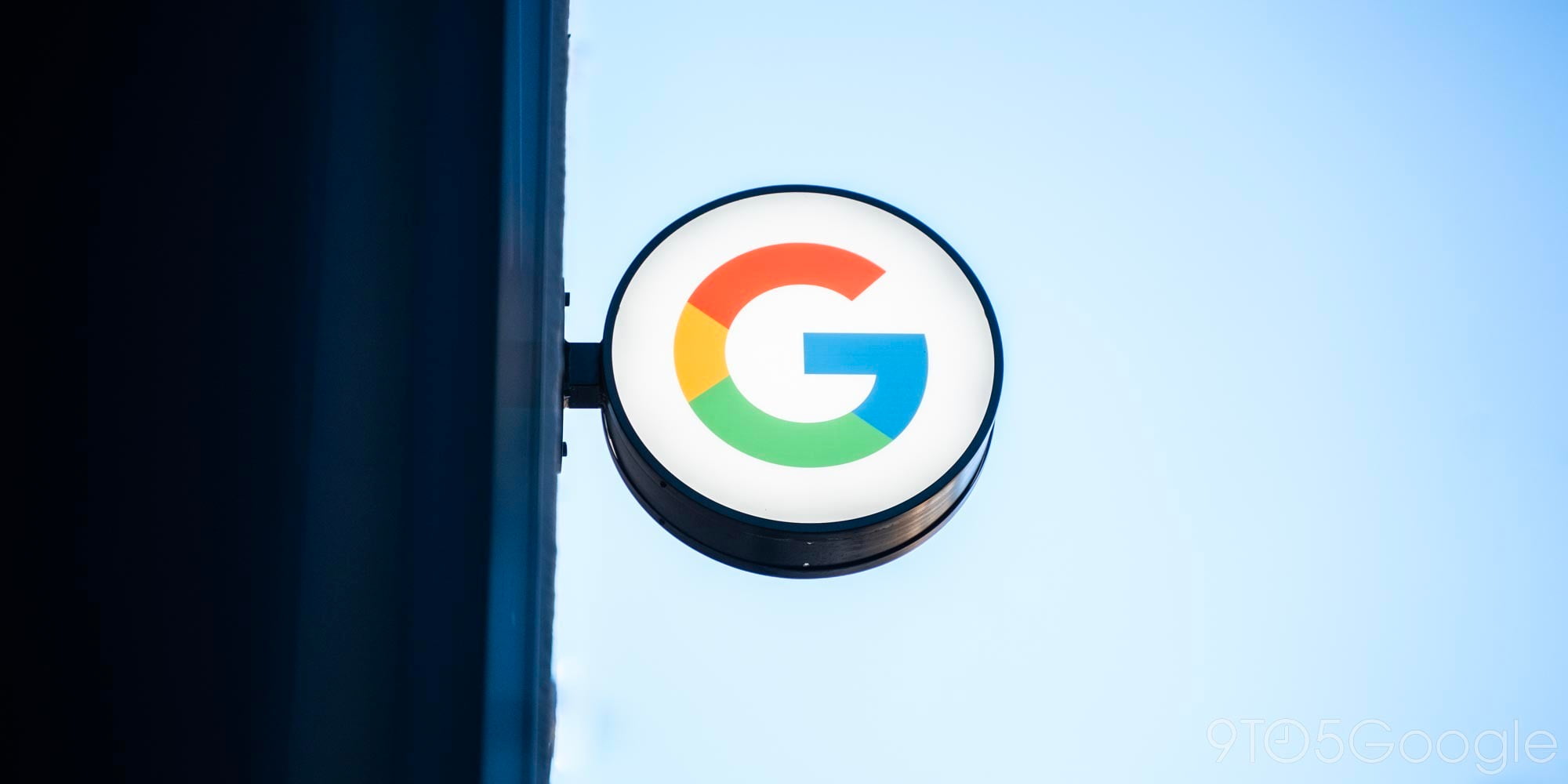
Android Q has only been in beta testing on Pixel phones for just over a month, but Google has already begun work to bring this latest version of Android to Chrome OS devices, according to a code change.
Chrome OS has had access to Android apps via the Play Store since 2016, with the support originally built on Android Nougat. Since then, Google updated the Android version to Pie on some Chrome OS devices, starting with the Pixel Slate.
As this update schedule skipped Android Oreo altogether, there was a chance that the pattern could repeat with Chrome OS not updating to Android Q and skipping to Android R instead. However, a new code change, posted to the Chromium Gerrit, shows that Google may be giving Chrome OS a more regular Android update schedule, with Android Q in development.
The work-in-progress commit at one point added three new board codenames to the master list of Chrome OS devices.
- betty-nyc-arc
- betty-pi-arc
- betty-qt-arc
Let’s break down the names a bit to understand what’s happening. When Googlers need to work on Chrome OS inside of a virtual machine and have Android apps enabled, according to official docs, they use “betty.” And “arc” is short for Android Runtime for Chrome, which was originally a project to bring Android apps to Chrome on desktop platforms, but was later reworked to be Chrome OS exclusive.
That just leaves us with “nyc,” “pi,” and “qt.” As you may have guessed, these are Google’s internal codenames for Nougat, Pie, and Android Q. As Nougat and Pie have both (more or less) arrived on Chrome OS already, we can guess that this commit is the beginning of Google’s work on Android Q.
Since the commit was posted, it was reworked to only create the “betty-nyc-arc” board, though the reason why was not given. One possibility is that Android Pie is going to become the default version for betty, and Android Q will be developed using the existing “betty-arcnext” board, with “next” indicating next version. That would potentially explain why they only needed to create a new board for the older Nougat-based version.
Considering development appears to only just be beginning, we’re not likely to see Android Q arrive on real Chromebooks for quite some time. And as is always the case for things we find in code changes, Google could change their plans and cancel Android Q for Chrome OS before it ever sees the light of day.
What Android Q features would you want to use on a Chromebook? Let us know in the comments.
FTC: We use income earning auto affiliate links. More.



Comments